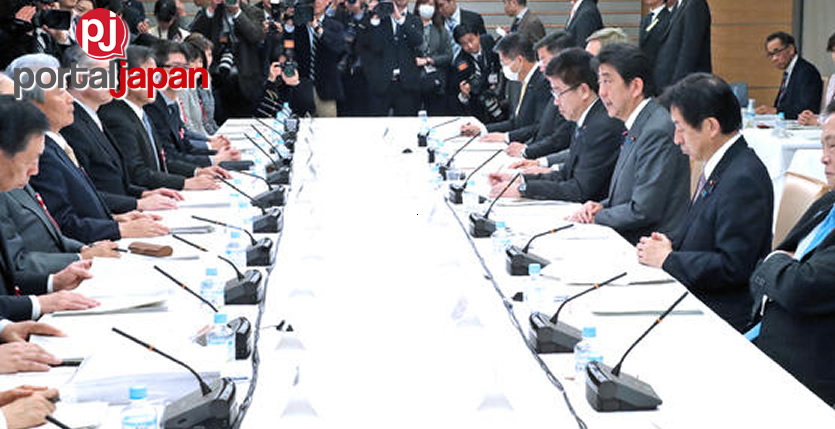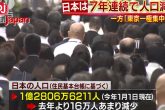Government’s reform initiative aims to reduce death from overwork.
The Japanese government began formal discussions Wednesday on draft legislation that would limit overtime to an average of 60 hours a month throughout the calendar year.
“Extended work hours are a structural problem, so it is necessary to reexamine corporate culture and business practices,” Prime Minister Shinzo Abe said at a meeting of his work reform committee. The session mostly focused on hearing opinions from members.

The government will present a draft proposal at the next meeting on Feb. 14 that would restrict overtime to 720 hours per worker per year. Those rules would allow a company to authorize up to 100 hours of overtime during one busy month. If the peak period spans two months, the average cap for that timeframe would fall to 80 hours. In any event, the monthly average throughout the year would work out to 60 hours at most.
The monthly limits proposed by the government are based on thresholds used to certify death from overwork — or karoshi as it is termed in Japan. There is a high risk of showing brain and heart disease symptoms related to karoshi if a person works more than 100 hours of overtime during the previous month, or an average of more than 80 hours for the prior two to six months.
Currently, workers in the construction and transport sectors are exempt from prevailing work-hour restrictions due to the nature of their occupations. The government plans to apply the new overtime rules to them as well after a grace period.
In principle, the overtime rules would be applicable across all sectors. The government plans to make a few exceptions if they prove essential to promoting corporate competitive advantage.
Source and image: Nikkei
















Join the Conversation